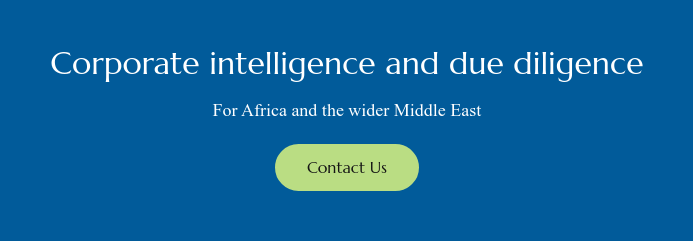Ghana’s energy supply today is met predominantly by non-renewable energy sources – a mix of petroleum, biomass (mostly charcoal and firewood) and gas, with only a small share (5%) provided by hydro-electric sources. The country’s dependence on fossil fuel power plants and household use of biomass1 is largely responsible for the hazardous levels of air and soil pollution and is having a negative impact on climate change. At the same time, declining rainfall and severe droughts have caused a significant drop in water levels at the Akosombo dam on the Volta river2 resulting in reduced water sharing and hydropower energy output, and showing how vulnerable the country is to environmental variability.
Other more modern forms of renewable energy, such as solar and wind, account for less than 1% of the total energy source3, however the Ghanaian government is keen to diversify and ensure that power from green energy forms an integral part of the energy mix. Ghana’s national strategic plan commits to generating 10% of electricity from renewables by 20304 as part of its commitment to the Paris agreement on climate change.
Mini-grid applications, particularly solar, are increasingly being developed as feasible alternatives to non-renewable energy and often offer a cheaper option when compared to the construction of traditional expensive distribution networks.
The introduction of a series of digital business models, such as pay-as-you-go (PAYG) and online payments, for renewable energy products has helped accelerate the expansion of electricity supply to remote communities and simplified payment methods. Providers can now supply underserved areas and grant consumers the flexibility to purchase and utilise electricity best suited to the user.
Several companies already have initiatives using green energy solutions, including:
- Axcon Energy Ltd, which began construction of the first solar plant in Appolonia City last month, with the aim of providing 5MW of solar energy to houses and businesses within the city.
- PEG Ghana Ltd, which pioneered the PAYG business model in the off-grid market to serve households and companies in rural areas, raised US$13.5 million in September 2020 in equity funding to expand its operations in Ghana and Cote d’Ivoire and extend its reach to half a million people.
- Solar Taxi, a local start-up in partnership with China’s JAC Motors, rolled out its first batch of Solar SUV taxis in August this year. The company ordered 90 electric vehicles (EVs) and is betting its success on the fact that its drivers no longer need to pay for fuel and the cost of maintenance associated with driving an electric vehicle is lower than a traditional petrol or diesel car.
- Redavia GmbH, which launched a concessionary solar program in June 2020, the Covid-19 Resilience Lease, that offers six months of free solar to businesses, hospitals and health centres to help them withstand the crisis.
Despite the increasing implementation of renewable energy initiatives and the Ministry of Energy’s cumulative target of 2.5GW of renewable energy generation by 20305, challenges to broad utilisation in Ghana continue, primarily due to overcoming the start-up costs associated with the installation of green energy systems on a broader scale. The country has made a promising start and we expect to keep seeing new initiatives to scale up renewables in the future.
Additional renewable energy providers in Ghana:
- Cenpower Generation Company Ltd
- Daystar Power Group Ltd
- Fortune Energy and Engineering Company Ltd
- TC's Energy Ltd
- Zegha Energy Ghana Ltd
- The expansion of renewables in North Africa
- The clean energy landscape in Sub-Saharan Africa
- The outlook for Carbon Capture and Storage in the Gulf states
- Climate initiatives in the Gulf: the changing energy landscape in the run up to COP26
- Diligencia to focus on clean energy in the Middle East & Africa




